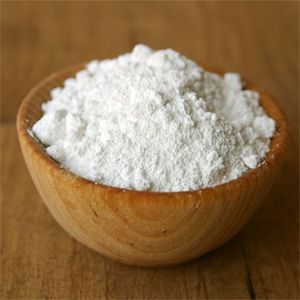Today, Ms.Friedmann went over the basics we should know for a lab then we did the observation lab.
Lab

Variables
- Independent: What I change ( as the experimenter )
- Dependent: Data (What I observe and measure)
- Qualitative-no numbers
- Quantitative-numbers
- Control: Everything else that I try to keep the same from trial to trial
How to Use Your Student Lab Notebook (The Carbonless)
- Use the flap with the periodic table to prevent bleeding through the pages because it will bleed multiple pages. First, check the number on the top right hand corner of the page you are using. Make sure that the blue and yellow sheet behind it have the same number then put the flap under these two pages.


Labs MUST Have:
- Title
- Purpose
- Data
- Calculations-Not in this lab!
- Post- Lab Question
- Conclusion- Not in this lab! ( Lesson on this later!)
Format on Lab Notebook:
- Fill out the top of the page (this includes the title, date, name, lab partner)
- Write Purpose
- Write Data and draw a box filling up the top half the page and label it A then draw another box filling up the bottom half of the page and label it B
Turning In Your Lab:
- Use complete sentences
- No need to rewrite the questions
- Keep the blue paper and tear out the yellow paper to turn in
Remember: When you turn in your lab, your data and everything should be very NEAT!
Lab Results
Part A:
Substance
1. Calcium chloride
2. Sodium bicarbonate
3. Phenol red
4. All three combined
Observations
- white, clumpy, looks like hail
- white, looks like baking soda
- orangish red, liquid
- yellow, fizzy, warm
Part B:
Experiments
- CaCl2 + NaHCO3 = No reaction
- CaCl2+H20= Hot
- NaHCO3+ Phenol Red= Purple/Pink
- CaCl2+ Phenol Red+ Yellow and Warm
- NaHCO3+H2O= Fizzy
- CaCl2+ NaHCO3+H2O= Fizzy and Cold
--------------------------------------------------------------------------------------------
Calcium chloride :
Sodium bicarbonate:

Phenol red:

The next scribe post author is Ambreen A.

The next scribe post author is Ambreen A.

No comments:
Post a Comment